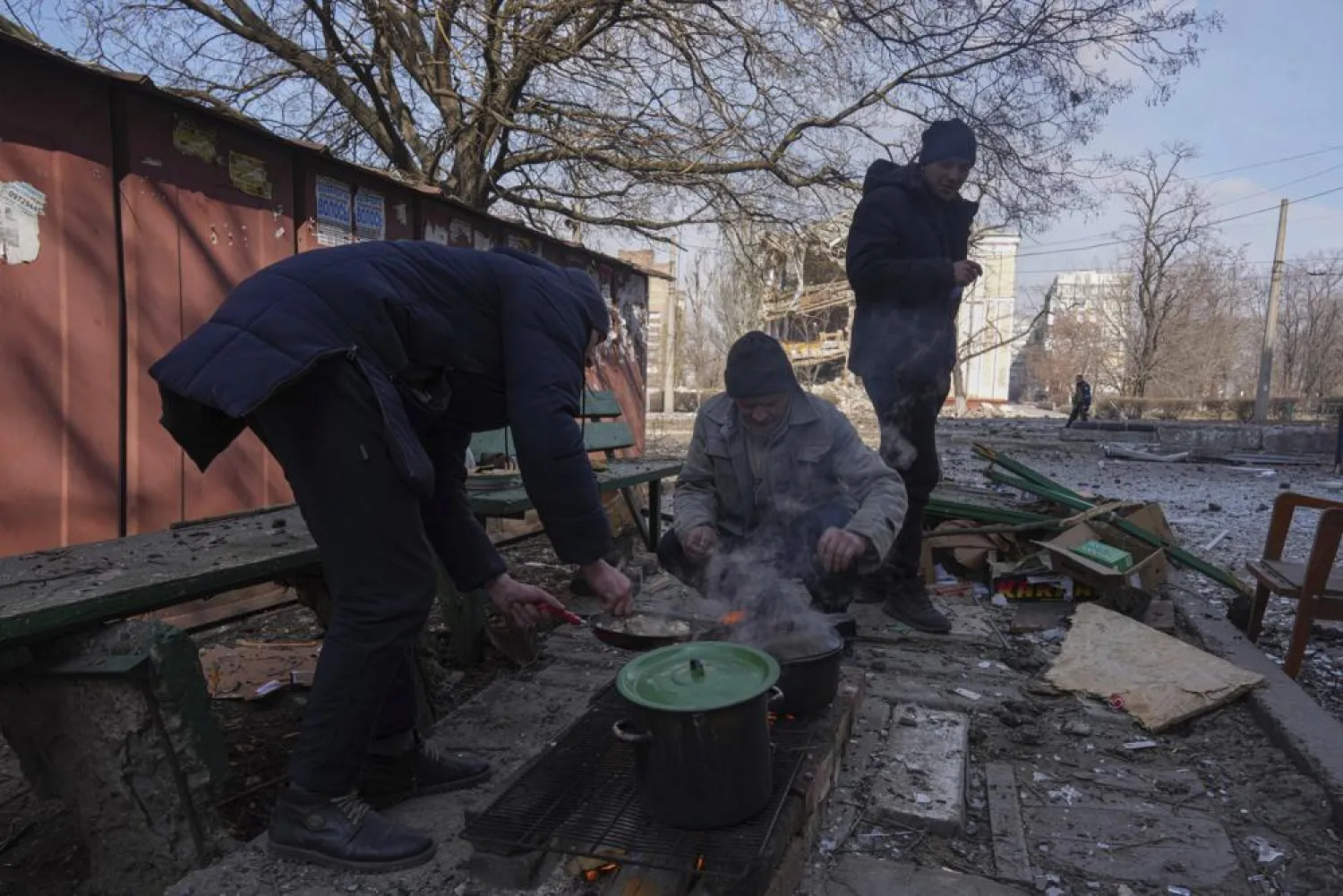Oil prices extended losses on Tuesday, sliding to a two-week low as ceasefire talks between Russia and Ukraine eased fears of further supply disruptions and surging COVID-19 cases in China fueled concerns about slower demand.
Brent futures dropped $5.95 or 5.6% to $100.95 a barrel by 0747 GMT after tumbling by more than $6 to $100.05 earlier in the session.
US West Texas Intermediate (WTI) crude fell below $100 level for the first time since March 1, dropping $5.49 or 5.3% to $97.52 a barrel. It fell to as low as $96.70 earlier in the session.
Both benchmarks declined by more than 5% the previous day.
Brent has lost nearly $40 since hitting a 14-year high of $139.13 a barrel on March 7. US crude has fallen more than $30 since touching its highest since 2008 of $130.50 a barrel about a week ago.
"Expectations of positive developments in the Russia-Ukraine ceasefire talks bolstered hopes to ease tightness in the global crude market," said Toshitaka Tazawa, an analyst at Fujitomi Securities Co Ltd.
"Fresh lockdowns to curb the COVID-19 pandemic in China also raised concerns over slower demand," he said.
China posted a steep jump in daily COVID-19 infections on Tuesday, with new cases more than doubling from a day earlier to hit a two-year high, raising concerns about the rising economic costs of the country's tough containment measures.
Further talks between Ukrainian and Russian negotiators to ease the crisis were expected on Tuesday after discussions on Monday via video ended with no new progress announced.
US President Joe Biden is expected to travel to Brussels next week to meet with NATO leaders to discuss Russia's war in Ukraine, US and foreign sources familiar with the situation said on Monday.
The United States has warned China against providing military or financial help to Moscow. But India may take up a Russian offer to buy crude oil and other commodities at a discount, two Indian officials said, in a sign that Delhi wants to keep its key trading partner on board.
"Even if there is a ceasefire, oil prices are expected to remain at high levels as Western attempts to isolate Moscow through sanctions will continue, keeping the global oil market in a tight condition," said Tsuyoshi Ueno, senior economist at NLI Research Institute.
"Still, the recent fall in the oil market comes as some investors unwound their long positions as they became increasingly worried about recent volatility," NLI's Ueno said.
Investors cut bullish bets on oil last week as prices surged to multi-year highs, the economic outlook deteriorated, and extreme volatility made derivatives positions more expensive to maintain.
The voluntary shunning of Russian commodities by Western buyers, or self-sanctioning, was expected to start hitting exports of crude oil, liquefied natural gas (LNG) and coal from April, but there are already signs that flows are weakening.









